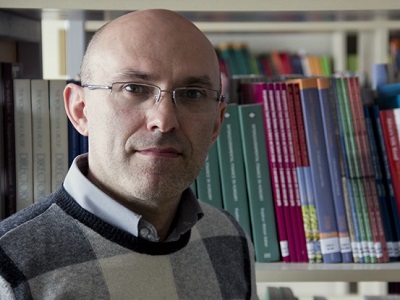ISET in the Stronger Together Clean Energy Conference
- Details

ISET’s director recently participated in the EU Stronger Together Conference, centered on the EaP Neighbourhood: Promoting the Clean Energy Transition in Eastern Partnership Countries. The conference, highlighting the key achievements and goals under clean energy initiatives, was hosted by the European Commission, the EU Delegation to Eastern Partnership Countries, Council of European Energy Regulators (CEER), Energy Community Secretariat (EnC), and International Energy Agency (IEA). Various key delegates and experts came together to discuss energy sector developments, regulation, and the objectives of key deliverables within Phase II of EU4Energy. Whilst our director, Tamar Sulukhia, offered her own perspectives during her talk on the Role of Universities in Improving Gender Imbalance in the Energy Sector.
Development of the Climate Policy Analysis Model
- Details

Considering the significance of a green post-COVID recovery, alongside the importance of maintaining an ecological diverse economy, ISET Policy Institute has spent almost two years developing its Climate Policy Analysis Model. The model, funded by the Swedish International Cooperation Agency (Sida), helps to highlight the climate change adaptation and mitigation agendas, which are ultimately vital for Georgia’s overall economic development and growth.
ISET’s director, Tamar Sulukhia, hosted our latest event highlighting the role of the Climate Policy Analysis Model to the policy community and all interested participants. The speakers, including government representatives Maia Tskhvaradze and Ketevan Chapidze, revealed that Georgia has actively participated in climate change policy since 1994. Moreover, under the current targets of the 2030 Agenda, Georgia is actively attempting to reduce its greenhouse gas emission by 35% in comparison to the 1990s, with a further seven core objectives.










